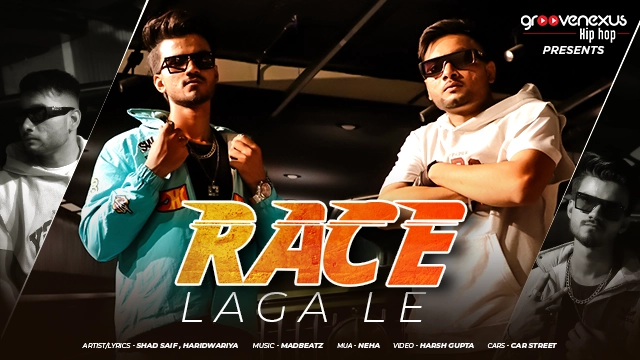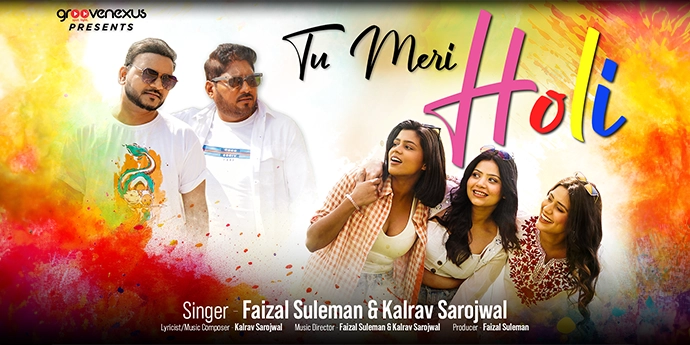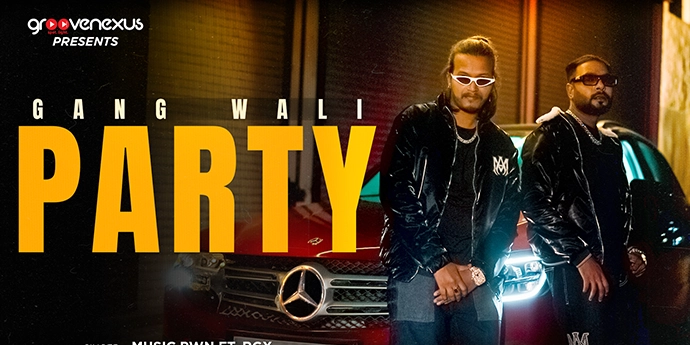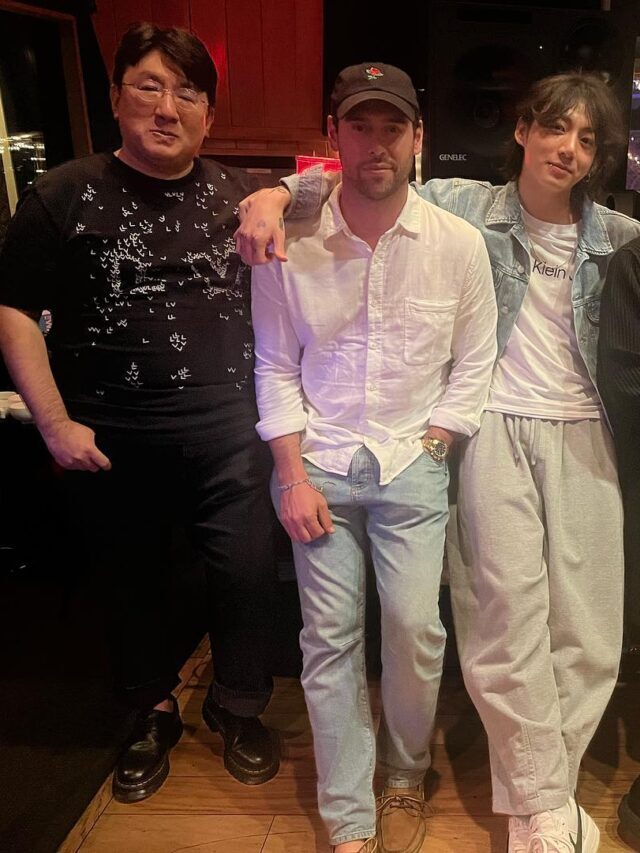The music industry is a network of collaborations between firms and people on the music creative, customer service, and business sides. Today we will break down how the music industry works in clear terms. Even if you’re a beginner, you will understand everything related to the music industry using our extensive guide!
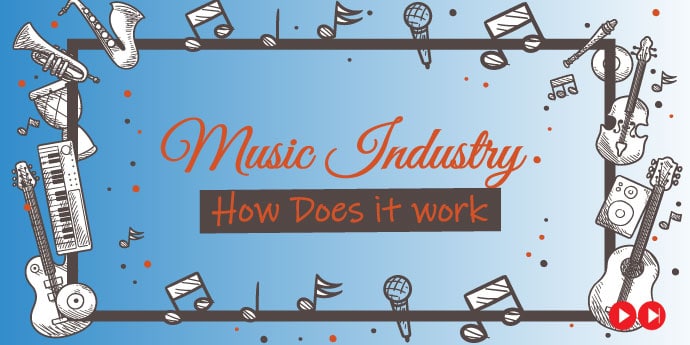
Singer-Songwriters
Without songwriters and composers, there would be no music. Songwrites play very important role in music industries. They are the brilliant folks who compose the music we adore. Their music is usually unique, although they may borrow samples or motifs from other songs to create new compositions. A songwriter or composer owns the copyright to a song they write. Unless they specifically consent, it can’t be filmed or live.
Bandleaders And Conductors
Musical composition is frequently performed by musicians. A bandleader is a vocalist who leads a group of musicians. A computer or sound synthesiser can play certain current music. In many circumstances, the lyricist or composer will also perform.
Music producers, studios, and engineers
A musical performance must be recorded if it is to be marketed as a CD or downloaded track. This includes:
- Musicians
A music producer assists a musician with sound recording. They can do a lot in the studio. Choosing a recording studio, recruiting session musicians, modifying song arrangements, mentoring performers during the recording session, and even co-writing songs with the artist are frequent activities undertaken by producers.
- Studios
Performance is recorded at a recording studio.
- Engineers
The sound engineer will use a range of microphones, pre-amps, digital audio processing tools, and other equipment to capture the music.
Some musicians wait to record professionally until they’ve signed with a record company. They may construct semi-professional demo cassettes to demonstrate their works before then.
Music Publishers
A music publisher ensures that songwriters and composers get paid when their work is commercially exploited. A songwriter or composer signs a publication deal with a music publisher.
The songwriter or composer must temporarily surrender their music rights to a publishing firm. It will then licence the composition, track its usage, and collect payments for the songwriter. They may also pitch songs to other musicians, filmmakers, and TV producers.
Labels
A record label generally becomes involved when work is recorded and sold to the public. Record labels oversee recording creation, distribution, marketing, and promotion. They will also help enforce the artist’s copyright. Record companies are always seeking new musicians, songwriters, and composers.
Distributors
Most record labels do not produce or distribute physical CDs or albums. They often hire a distribution business to accomplish it. Music distributors may collaborate directly with independent musicians who don’t have a record contract. They’ll get a cut of every physical copy sold.
Music PR
Traditionally, record companies handled artist marketing internally. Marketing campaigns and promotional materials would be created. Music PR is now often outsourced. The music industry’s profile may be built by hiring a PR firm.
Booking Agent
Musical agents assist artists to find work. This includes live shows, collaborations, and songwriting engagements. A musical artist normally picks their booking agency, however, a record company may manage this for them.
Talent Scout
A talent manager manages performers’ careers. They advise the artist on how to cope with the day-to-day business of being in the music industry. The talent manager will assist the artist to organise shows, locating a record deal, and more. They will also function as a mediator between the record label and the artist, negotiating on their behalf.
Streaming sites
The Internet has revolutionised music distribution. Spotify, iTunes, and Pandora are now among the sites that may broadcast digital music to listeners. These internet platforms allow artists to release songs even if they do not have a record label. The artist may earn more money and publish as many songs as they desire.
Relationship Of The Given Entities With Artists
A musician’s strongest connections are with their talent manager, booking agency, and publisher. They will support the artist with career management, live performance booking, and copyright protection.
Depending on the recording contract, an artist’s connection with a record label might be intimate or distant. Modern recording artists seldom employ a record label. They just self-fund their recordings and distribute their songs to streaming services.


